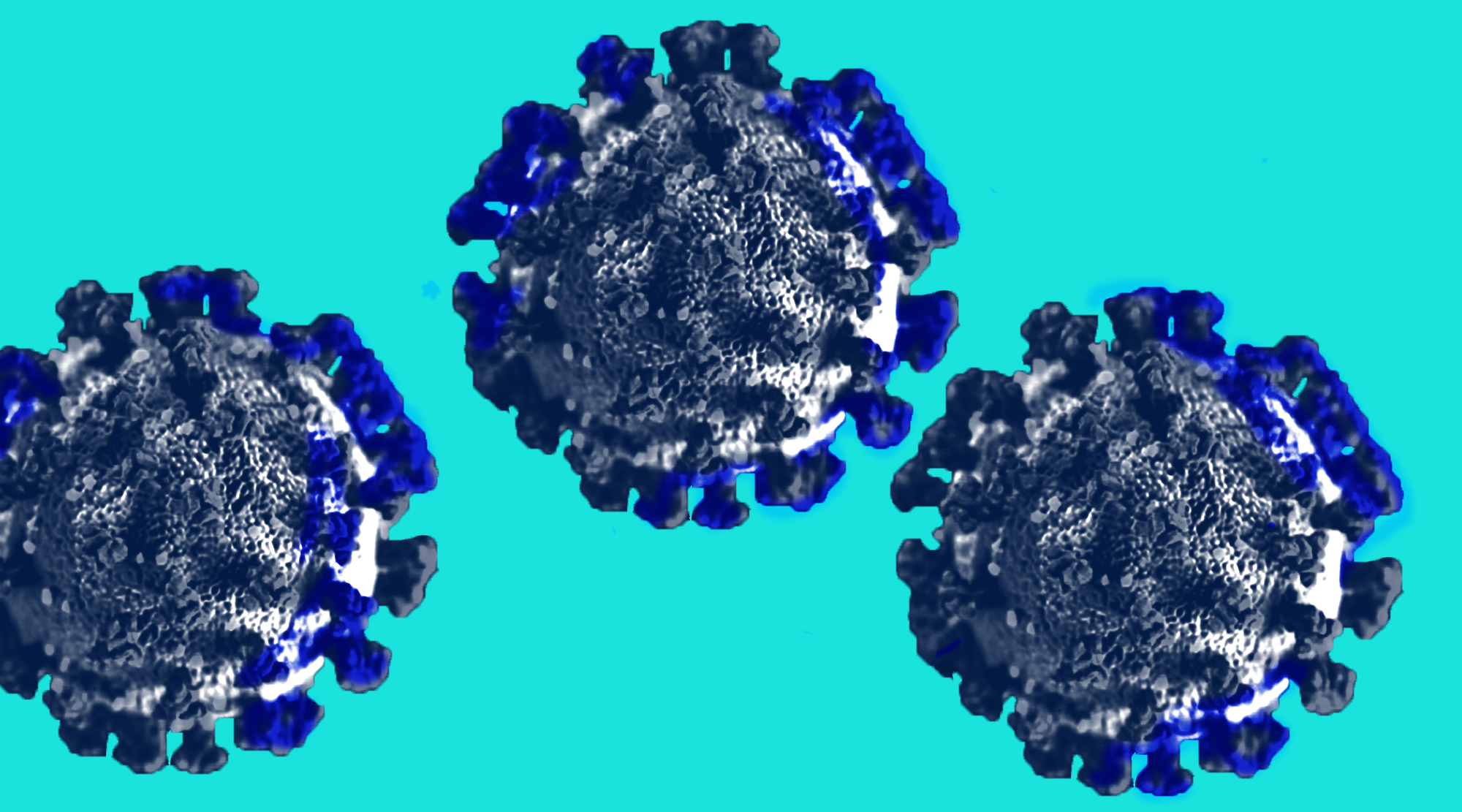Public Citizen Report: Six Reasons Why COVID-19 Vaccine Manufacturing Is Not Meeting Expectations
New Analysis Says Projections for Global Dose Availability Likely Are Overstated; Urgent New Manufacturing is Needed

WASHINGTON, D.C. – As massive vaccine shortages cripple the global response to the greatest public health crisis in a century, Public Citizen says unrealistic vaccine manufacturing projections are undermining efforts to develop and implement a viable program to supply the doses needed to save lives and end the pandemic. In a new analysis, Public Citizen challenges the dangerous narrative that the supply problem will soon be resolved and outlines six key reasons why COVID-19 vaccine manufacturing is not meeting expectations.
“People suffering and waiting for vaccines worldwide cannot afford for leaders to embrace wildly optimistic forecasts suggesting COVID-19 doses soon will be available,” said Peter Maybarduk, director of Public Citizen’s Access to Medicines program. “Pharmaceutical companies have a financial interest in exaggerating their ability to deliver and downplaying the risks. We need urgent public manufacturing and technology sharing to meet global need and end the pandemic.
In a recent letter to President Biden opposing an intellectual property waiver, the Pharmaceutical Research and Manufacturers of America (PhRMA) argued that “COVID-19 vaccine manufacturers will supply approximately 10 billion doses by the end of 2021, enough to vaccinate the entire current global vaccine eligible population.” Meanwhile, COVAX, the global program to supply low-and-middle income countries, delivered only one-fifth the number of doses it expected to supply by the end of April.
“The global response to ending the pandemic cannot be based on the most optimistic assumptions.” said Zain Rizvi, law and policy researcher and author of the analysis. “Crossing our fingers is not a sustainable public health strategy.”
Public Citizen said the unrealistic projections fail to account for:
- Some vaccines failing to obtain regulatory authorization;
- Production errors like those at the Emergent BioSolutions facility in Baltimore and other delays in meeting production targets, including due to raw material shortages;
- The possibility of new variants that may render some vaccines ineffective;
- Increased global demand if boosters are needed and as wealthy countries approve vaccines for use in children and adolescents;
- Country stockpiling.
Public Citizen and 65 other health, faith and development organizations recently called on President Biden to launch an urgent vaccine manufacturing program designed to meet global need and end the pandemic.